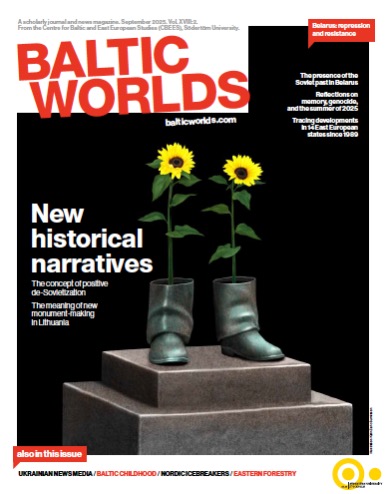Theme: Universities in times of crisis and transformation POLITICAL MATERIALITIES OF STATUS-MAKING AND UNMAKING UNIVERSITIES IN THE IMPERIAL CITYSCAPE OF ST. PETERSBURG
This article argues for the relevance of new materialist theories and onto-epistemologies in understanding the workings of political status. The issue of political status is interrogated at the confluence of the university’s status, the status of the Russian state through references to its “glorious” and “rich” history, and the materialities of the imperial cityscape of St. Petersburg. More specifically, I analyze how the spatio-temporal position of universities within the imperial cityscape of St. Petersburg plays out as a status-enhancing or undermining mechanism. The analysis in this article traverses three sites: St. Petersburg State University, St. Petersburg State Institute of Culture, and European University in St. Petersburg. The universities appear to be embedded within the imperial cityscape of St. Petersburg, which speaks to both the universities’ status and, more importantly, the idea of the state that lives in and through them, through the effects of beauty, glory, and rich history. However, while material durability allows the past to be actualized in the present, materialities are also subject to decay over time, leading to physical processes of deterioration and downgrading. This decay acts as a status undermining mechanism.

 Issue 2025, 2:
Issue 2025, 2: